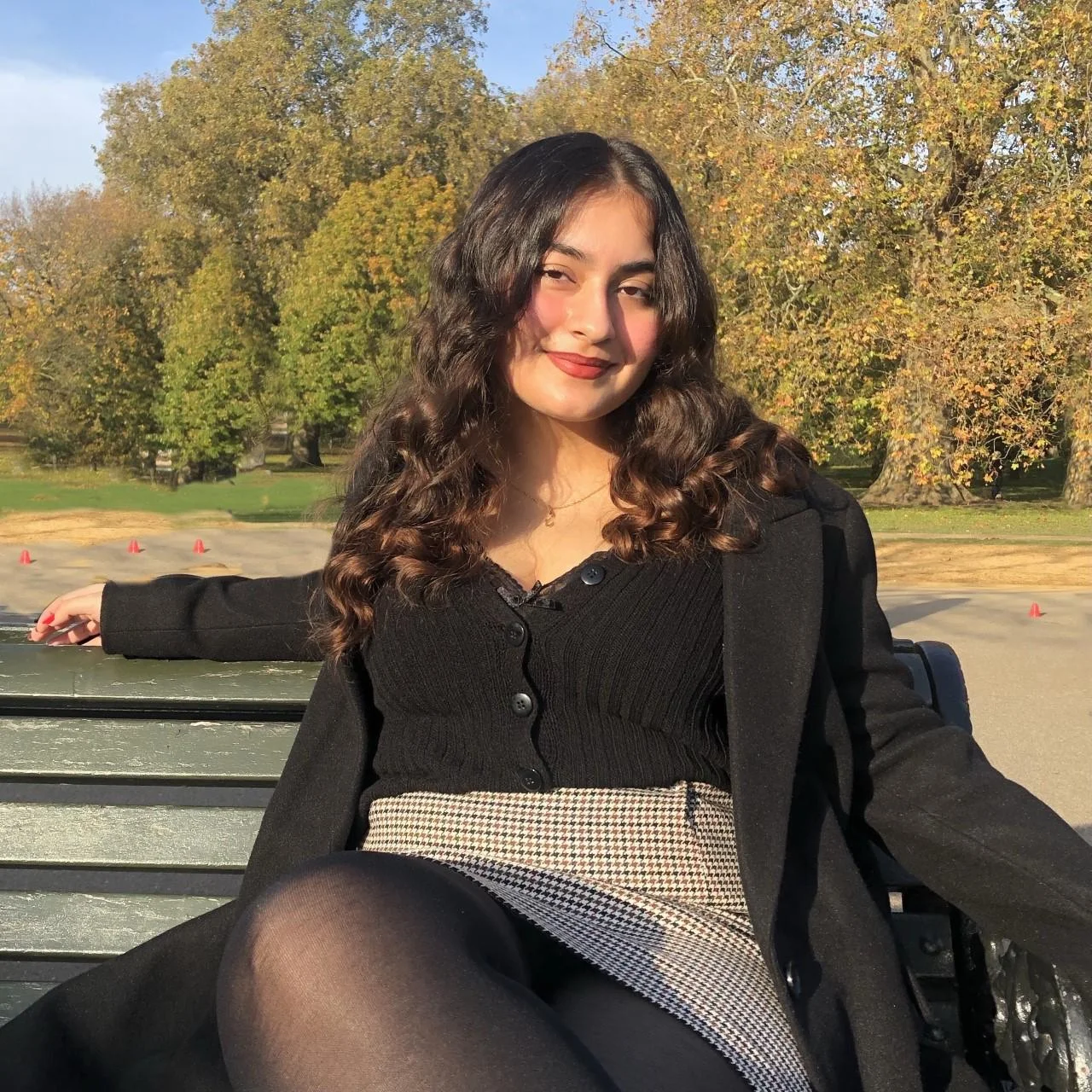Progressive Policing in the Gilded Age
Faculty: Dr Johann Koehler, Department of Social Policy
Phelan US Centre Research Assistant: Vaneeza Jawad, Department of Anthropology

Author
Vaneeza Jawad
Department of Anthropology
I was particularly excited by this project because it presented me with an opportunity to deconstruct the processes which eventually allowed the creation and maintenance of the carceral culture at the centre of social organisation in the US.
Between the abolition of slavery following the end of the US Civil War in 1865 and the resolution of the First World War, the slow evolution of the institution of the police signified a particular project in the larger campaign of state expansion in the Gilded Age. Amidst the variety of accelerated processes of change resultant of the Civil War — such as mass migration, industrialisation, and urbanisation — this project sought to identify the ways police departments in the cities of New York and Chicago both identified problems and authorised themselves to enforce rules upon citizens. Additionally, we set out to observe how these relationships slowly changed over the course of what is dubbed as the Progressive Era.
Methods and findings
My work began by sorting through several decades of what Dr Koehler and I came to refer to as "crime categories" — a list of various titles ascribed to crimes committed in both cities over the Gilded Age. I was initially tasked with bringing some order to over thirteen thousand individual crime titles like "assault on officer" and "horse stealing" under larger umbrellas such as "violent crime" and "violation of property rights" which allowed easier identification of the kinds of crimes prevalent in Chicago and New York. This was achieved mainly through diligent spreadsheet coding and reorganisation, and provided an opportunity to determine where the two cities overlapped and converged in their experience of crime.
Following this, central to my assignment was poring through archival data — a research activity I’m particularly excited by and have had prior experience in. Dr Koehler and Dr Cheng allowed me access to annual police reports penned by the general superintendents of both the New York and Chicago police departments between 1865 and 1923. To recognise processes of identification and authorisation, it became crucial to trace the shift in the intended audiences of these written reports: it became clearer, over time, that in regularly producing these reports — which, by the year, grew longer and came packed with emotional appeals rather than plain collections of logistics and data — allowed these police departments to brand and rebrand themselves as institutions necessary to protect citizens’ welfare.
These reports also showed, interestingly, a blurred line between the set trichotomy of power: the police saw it well within its right to request and enforce policy changes for the sake of maintaining law and order. This — coupled with the large amounts of funding both bodies regularly asked for and received, as documented — drove my interest further in approaching archival state texts as spaces where issues of authority and authenticity are rife. I particularly enjoyed paying close attention to aesthetic changes across these reports: from the usage of different fonts and formats to the inclusion of official portraits and title pages, each change signified a particular strand of the narrative the New York and Chicago police departments were attempting to build.
Over the course of my time on this project, I produced in-depth memos to de-brief Dr Koehler and Dr Cheng of my findings, focusing particularly on the cities of Chicago and New York both as individual entities and as comparative units. Our work was mainly collaborative: we logged parts of these reports under particular topics — focusing on a variety of issues such as "authorisation" or "branding" — and wrote to each other at length about our understandings of each department.
Personal Experience
I was particularly excited by this project because it presented me with an opportunity to deconstruct the processes which eventually allowed the creation and maintenance of the carceral culture at the centre of social organisation in the US. To me, it allowed a chance to "go back" to what appeared to be the beginning of the modern police force, and ascertain if the state of the police now is a product of a natural evolution. Rethinking the history and the purpose of the institution of the police is crucial amidst today’s background of racialised mass incarceration within the prison-industrial complex. In this vein, I was fascinated by the police’s early usage of official communication in narrative-creation and their early allusions to race — a practice which has now evolved into one more sophisticated with access to platforms like Twitter and body-cam footage. Working with Dr Koehler and Dr Cheng felt like an absolute privilege: they allowed me full freedom to explore my own interests surrounding processes of policing and I was able to discover my passion to both deconstruct and detect authority based on closer readings and being more perceptive of slight changes in the presentation of data. This has been an invaluable experience, and has shaped the way I now approach archival work.
It was very rewarding to contribute to such a relevant and comprehensive resource, especially with all the support the Phelan US Centre offered throughout the programme. It has helped narrow and define my research interests, providing a starting point from which I hope to pursue further study in public policy analysis. Using many of the same knowledge frameworks and analytical tools, I am about to start working on a research project on fiscal policy across states in India; I am hugely grateful to my project lead and the US Centre for helping me find the research areas that most excite me, and for the opportunity to improve and expand my research abilities in them.